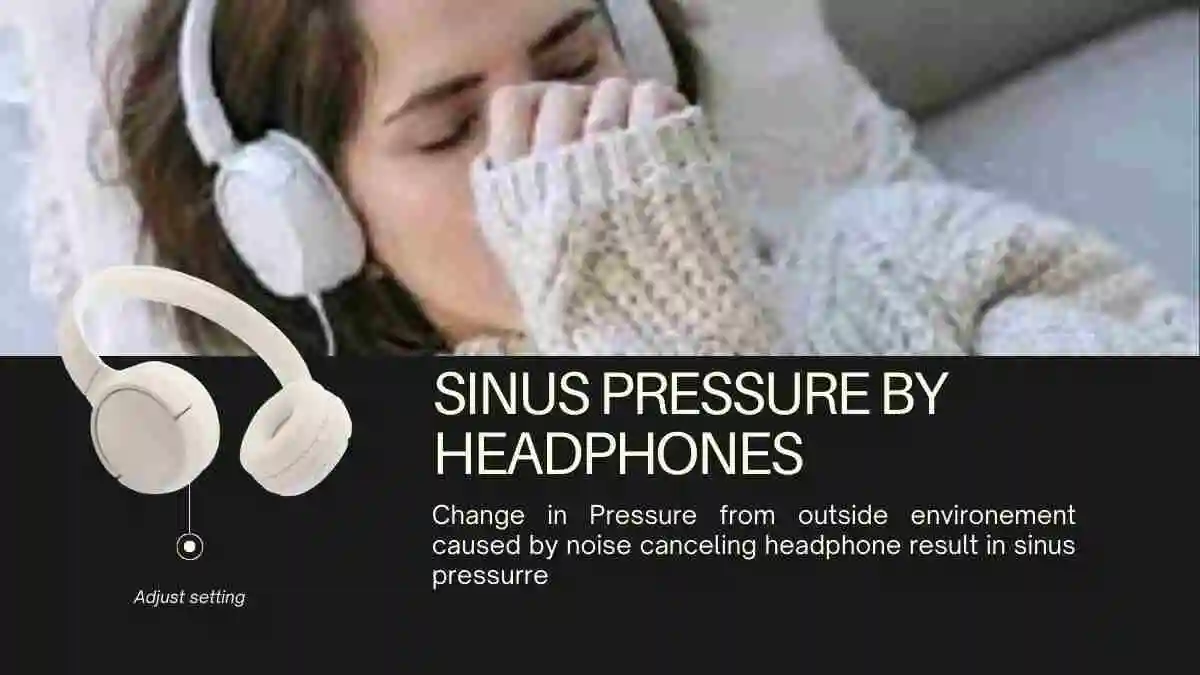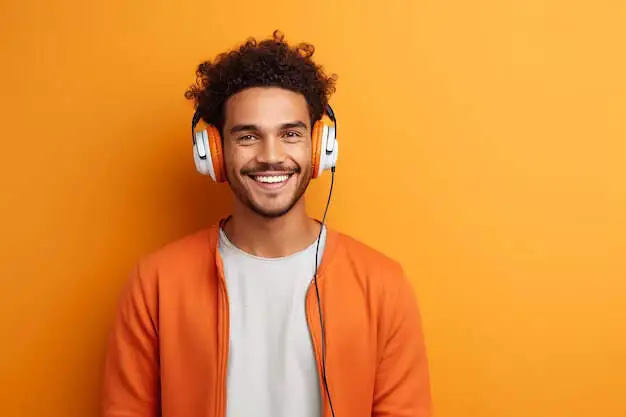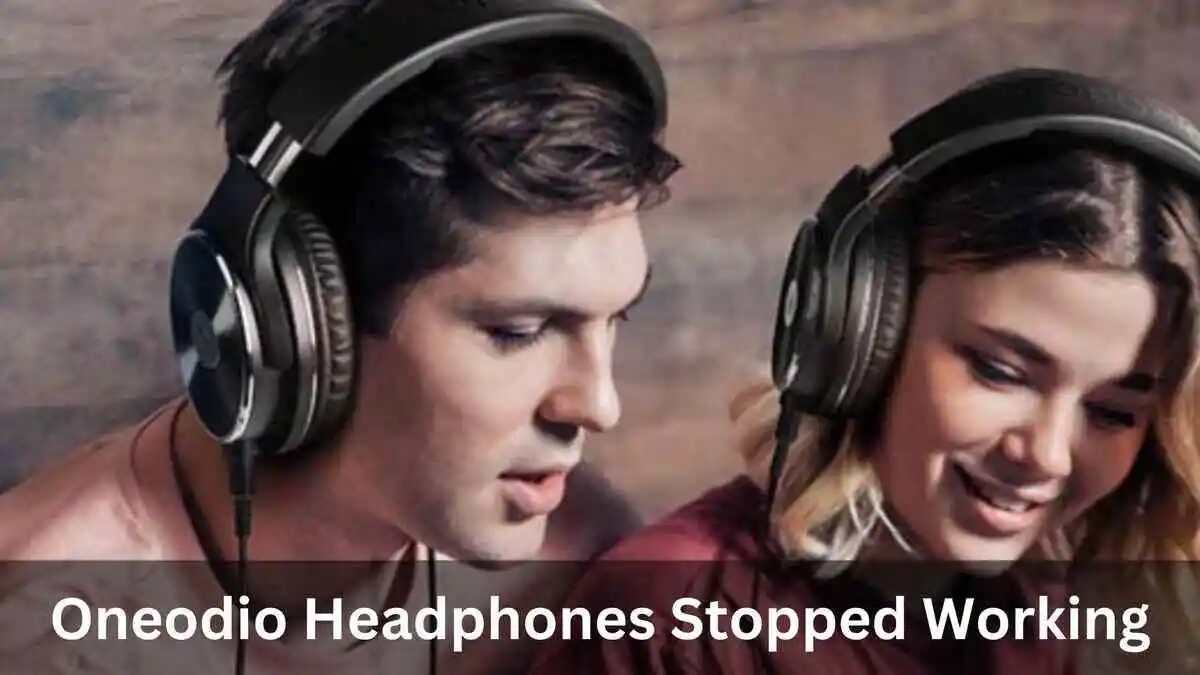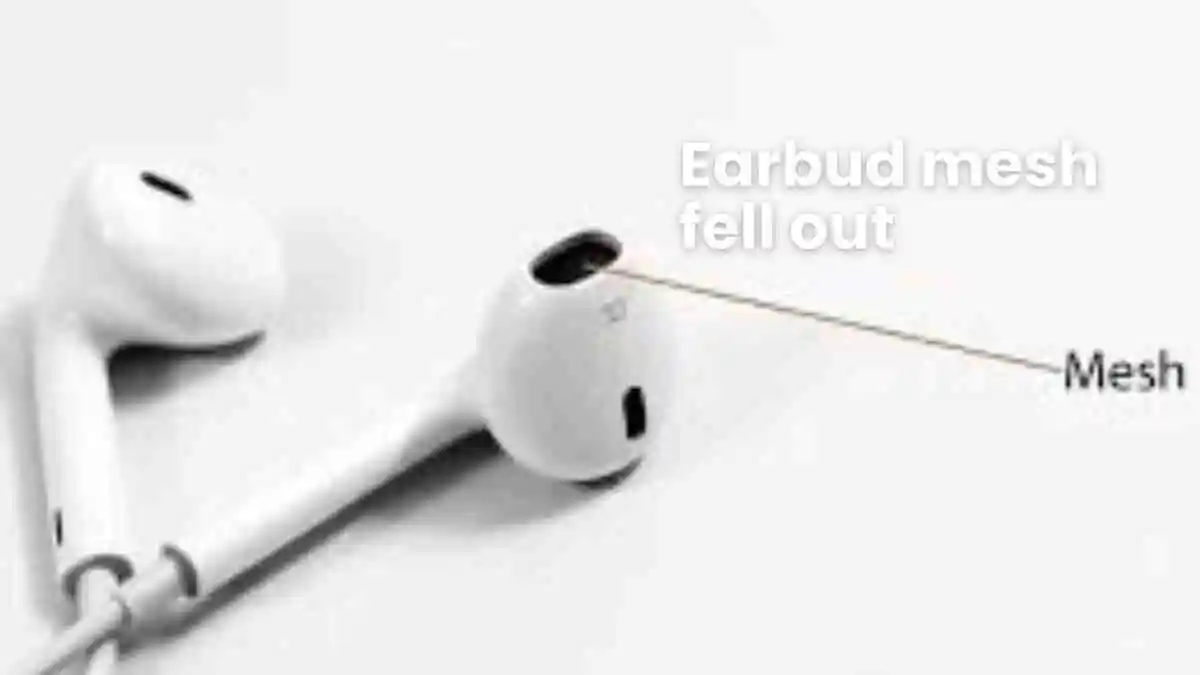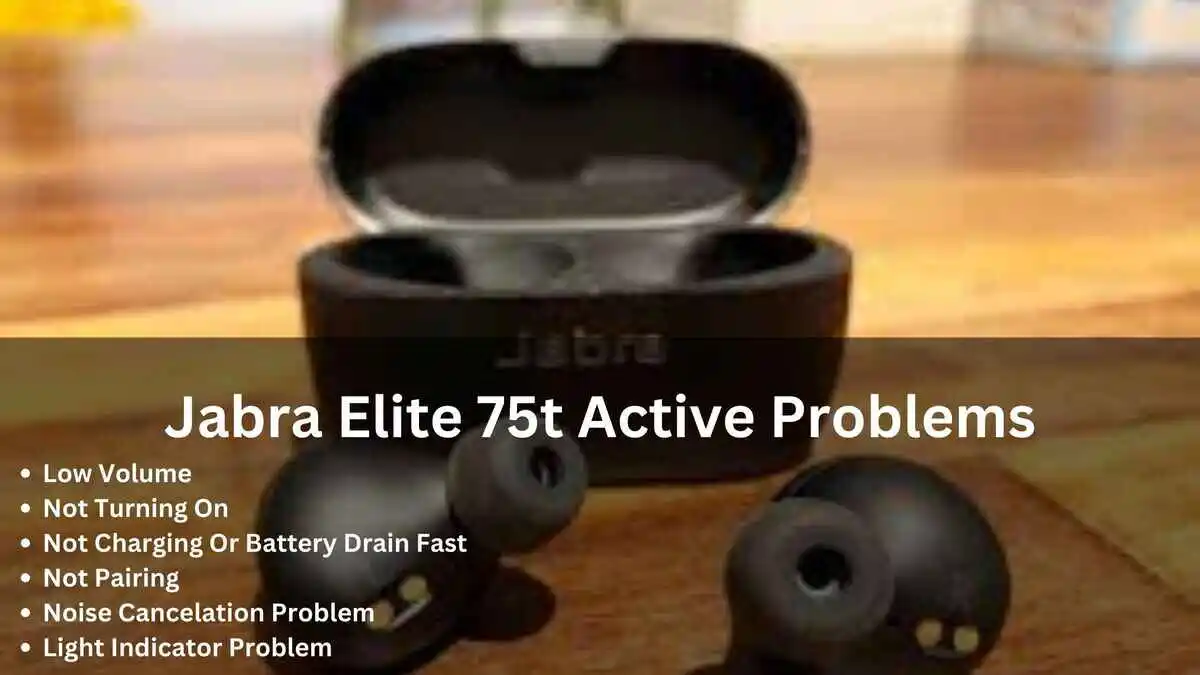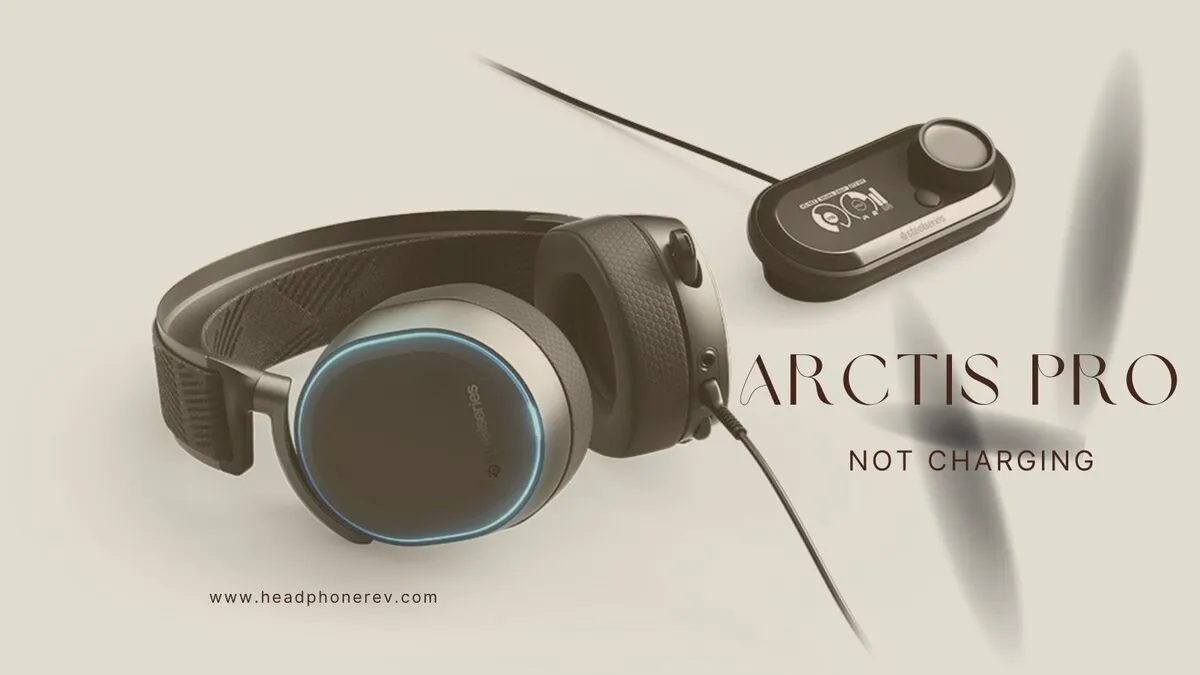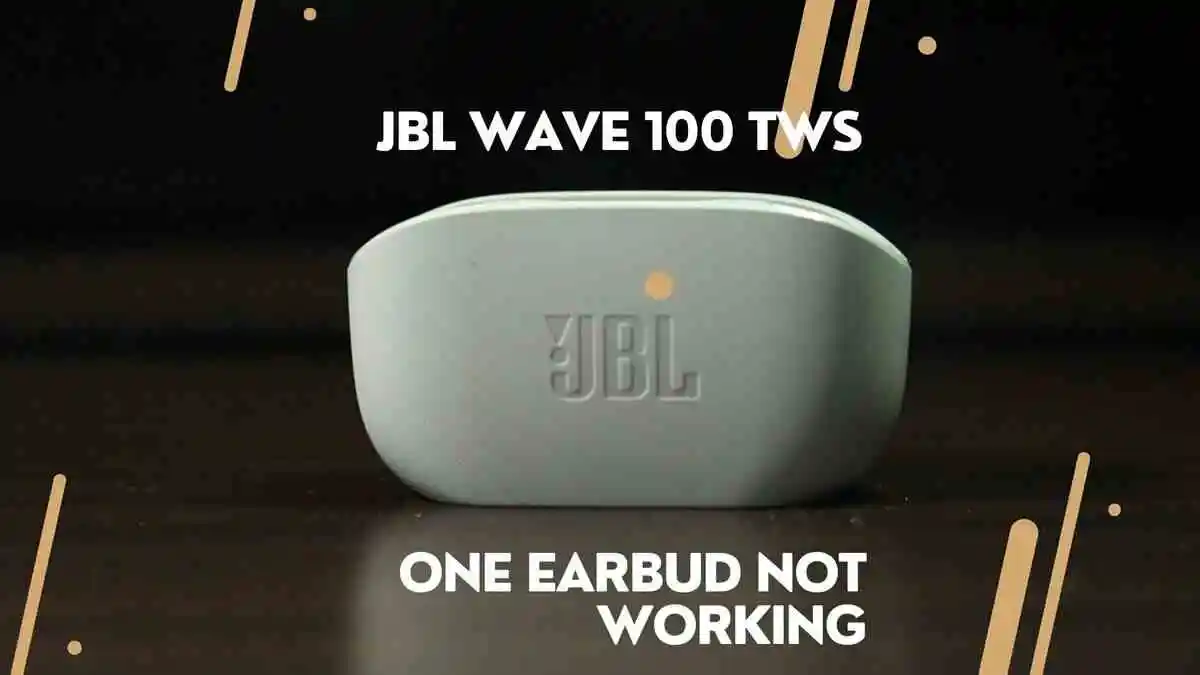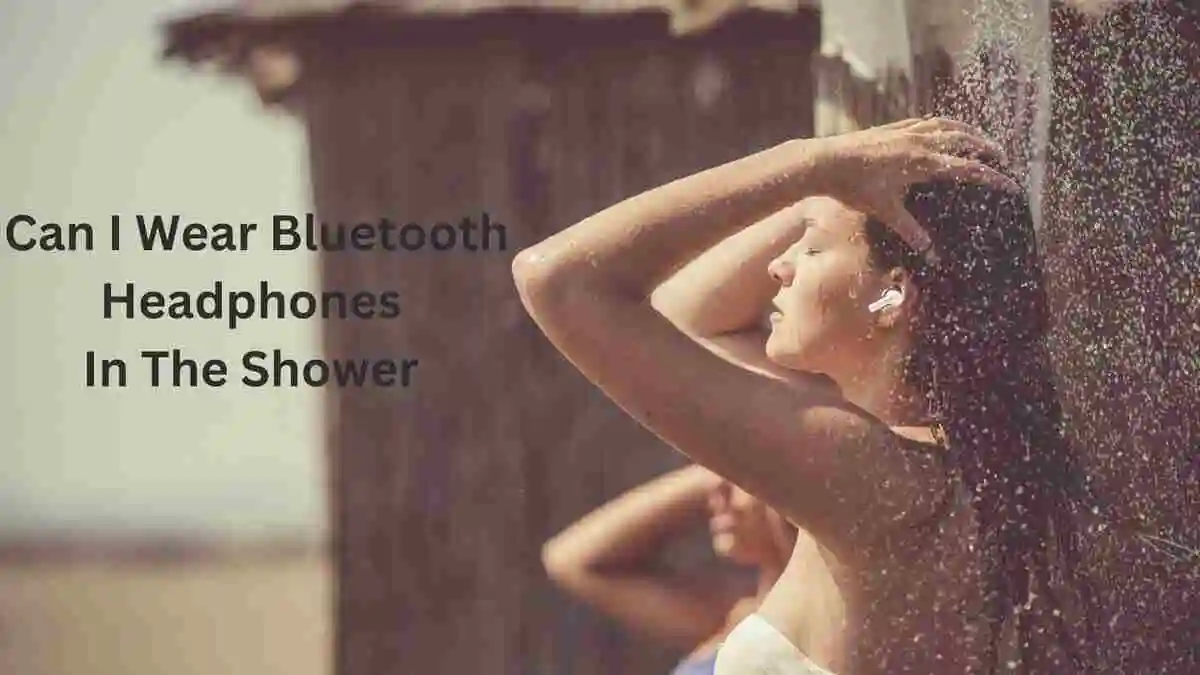Noise-cancelling headphones have become a popular accessory for many, offering a tranquil auditory experience in noisy environments. However, some users have reported experiencing sinus pressure while wearing these headphones.
In this article, we delve into the scientific reasons behind the potential correlation between noise-cancelling headphones and sinus pressure or can Noise-Cancelling Headphones Sinus Pressure. We will also look at practical solutions to prevent sinus pressure caused by noise cancelling heapdhone.
Can Noise-Cancelling Headphones Cause Sinus Pressure During Use?
Yes, noise canceling headphone causes sinus pressure. because of noise canceling process and because of ambient noise isolation.
Noise-cancelling headphones work by using microphones to capture ambient sounds, then generating sound waves that are the exact inverse of the detected noise, effectively canceling it out.
While this technology can create a peaceful sound environment, it may inadvertently lead to sinus pressure during use.
Why did Noise-Cancelling Headphones Cause Sinus Pressure
1.Changes in Air Pressure: The Active Noise-Cancelling Mechanism
Active noise cancellation involves generating sound waves that oppose incoming noise. To do this effectively, noise-cancelling headphones create areas of higher and lower air pressure.
The continuous alternation between these pressure changes can cause some individuals to experience discomfort, similar to the sensation of pressure changes during altitude changes in an airplane.
2. Isolation from Ambient Noise
Noise-cancelling headphones isolate the listener from their surroundings by blocking out external sounds.
However, this isolation can sometimes cause a perceived imbalance between the pressure within the ears and the external environment, leading to a sensation of pressure in the sinuses.
Preventive Measures to Alleviate Sinus Pressure from Noise-Cancelling Headphones
Adjusting certain settings on your headphones may help alleviate or prevent sinus pressure, although it’s important to note that individual experiences can vary.
Here are a few settings you can consider adjusting to potentially reduce the chances of sinus discomfort while using noise-cancelling headphones:
1. Noise-Cancelling Intensity: Many noise-cancelling headphones offer adjustable levels of noise cancellation.
Experiment with different intensity levels to find a setting that provides adequate noise reduction without causing a sensation of pressure in your sinuses.
2. Ambient Sound Passthrough: Some modern noise-cancelling headphones include a feature that allows you to hear ambient sounds without taking off your headphones.
Enabling this mode periodically can help your ears and sinuses adjust to changes in air pressure and reduce the sensation of isolation.
3. Equalization and Sound Profiles: Adjusting the equalization (EQ) settings of your headphones can affect the sound balance, potentially influencing how your ears perceive pressure changes.
Experiment with different EQ presets or manually adjust the settings to find a configuration that feels comfortable.
4. Volume Level: Listening at excessively high volumes can contribute to discomfort, including sinus pressure.
Keeping the volume at a moderate level can help reduce the strain on your ears and the potential for pressure-related sensations.
5. Breaks and Usage Patterns: Even without adjusting specific headphone settings, taking regular breaks and not using noise-cancelling headphones for extended periods can help prevent sinus pressure.
This gives your ears and sinuses a chance to adjust to normal pressure changes.
6. Ear Cup Pressure: Some headphones exert more pressure on the sides of your head due to tight-fitting ear cups.
Opt for headphones with adjustable headbands and cushioned ear cups to distribute pressure more evenly and potentially reduce discomfort.
7. Opt for Open-Back Designs: Consider using open-back headphones if available. These models allow for better air circulation and reduce the sensation of trapped air around your ears, which can contribute to sinus pressure.
8. Comfortable Fit: Ensure that your headphones fit comfortably and securely without causing excessive pressure on your head or ears. An uncomfortable fit can exacerbate sensations of pressure.
9. Hydration and Nasal Care: Maintaining proper hydration and practicing good nasal care can help prevent dryness and congestion in the sinuses, potentially reducing the likelihood of experiencing sinus discomfort.
Remember that everyone’s physiology is different, and what works for one person may not work for another.
If you consistently experience sinus pressure or discomfort despite adjusting settings on your headphones, it’s a good idea to consult with a healthcare professional, especially if the discomfort persists or worsens over time.
Other Problems Caused By Noise Canceling Headphones:
Does Noise-Cancelling Cause Headaches?
While sinus pressure is a common complaint, headaches are another concern associated with noise-cancelling headphones.
Prolonged use of noise-cancelling headphones can lead to sensory deprivation headaches.
By eliminating external sounds, these headphones can create an environment where the brain perceives an absence of sensory stimulation. This lack of input can trigger headaches in some individuals.
Is Noise-Cancelling Bad for Your Ears (AirPods)?
While noise-cancelling technology itself isn’t inherently bad for your ears, prolonged use, especially at high volumes, can lead to auditory fatigue and potentially damage your hearing over time.
However, newer models like AirPods Pro incorporate features to reduce discomfort and minimize potential harm.
Wearing Noise-Cancelling Headphones All Day:
Wearing noise-cancelling headphones for extended periods can exacerbate the potential for discomfort and negative sensations.
1. Eustachian Tube Dysfunction
The Eustachian tubes connect the middle ear to the back of the throat and help regulate air pressure.
Prolonged use of noise-cancelling headphones can disrupt the natural pressure equalization process in these tubes, potentially leading to a sense of pressure or fullness in the ears and sinuses.
2. Reduced Air Circulation
Wearing headphones for extended periods can restrict airflow around the ears and sinuses, possibly contributing to the sensation of pressure.
Is Noise-Cancelling Bad for Your Brain?
There is currently no direct evidence suggesting that noise-cancelling headphones are inherently bad for the brain. However, the potential for discomfort and sensory deprivation headaches raises concerns about prolonged use.
The brain relies on sensory input for proper functioning, and prolonged sensory isolation might not be conducive to overall well-being. It is advisable to take breaks and allow your senses to experience a variety of stimuli to maintain optimal brain function.
Is It Bad to Wear Noise-Cancelling Headphones While Sleeping?
Wearing noise-cancelling headphones while sleeping can be problematic due to the potential for pressure-related discomfort and potential health risks associated with prolonged use.
Are Noise-Cancelling Headphones Bad for Tinnitus?
For those with tinnitus, noise-cancelling headphones might exacerbate the condition. The absence of external sounds could accentuate the perception of the internal ringing or buzzing sounds associated with tinnitus.
Conclusion:
Noise-cancelling headphones, while providing a respite from noise, may inadvertently induce sensations akin to sinus pressure and discomfort. By understanding the active noise-cancelling mechanism, making adjustments to usage patterns, and being mindful of volume levels, users can mitigate these potential discomforts.
Furthermore, addressing concerns about sleeping, tinnitus, ear health, and head discomfort clarifies the broader implications of noise-cancelling headphone use. It is evident that while these headphones offer unparalleled auditory sanctuaries, mindful and moderate usage remains key to preserving both ear and overall well-being.
